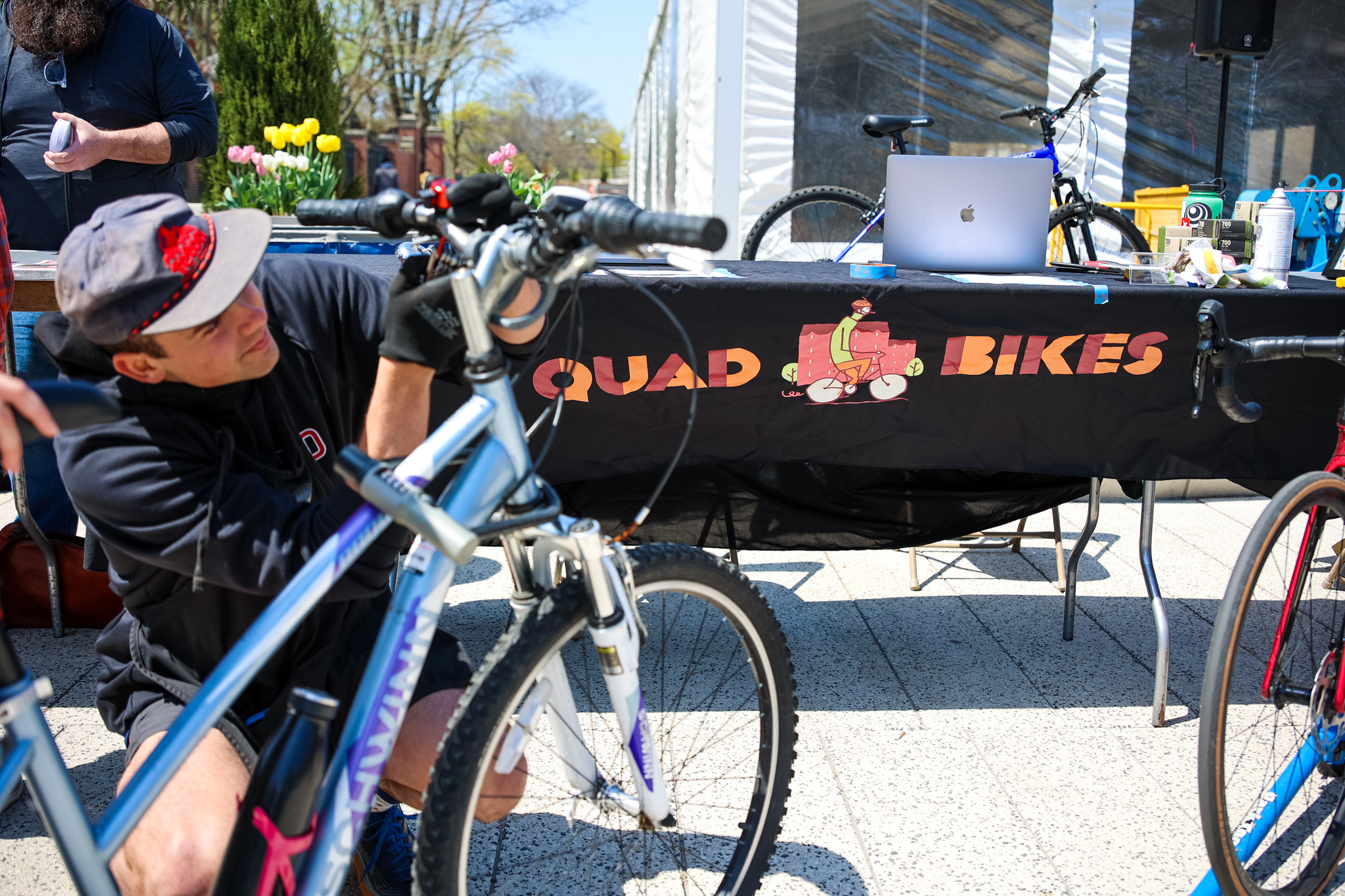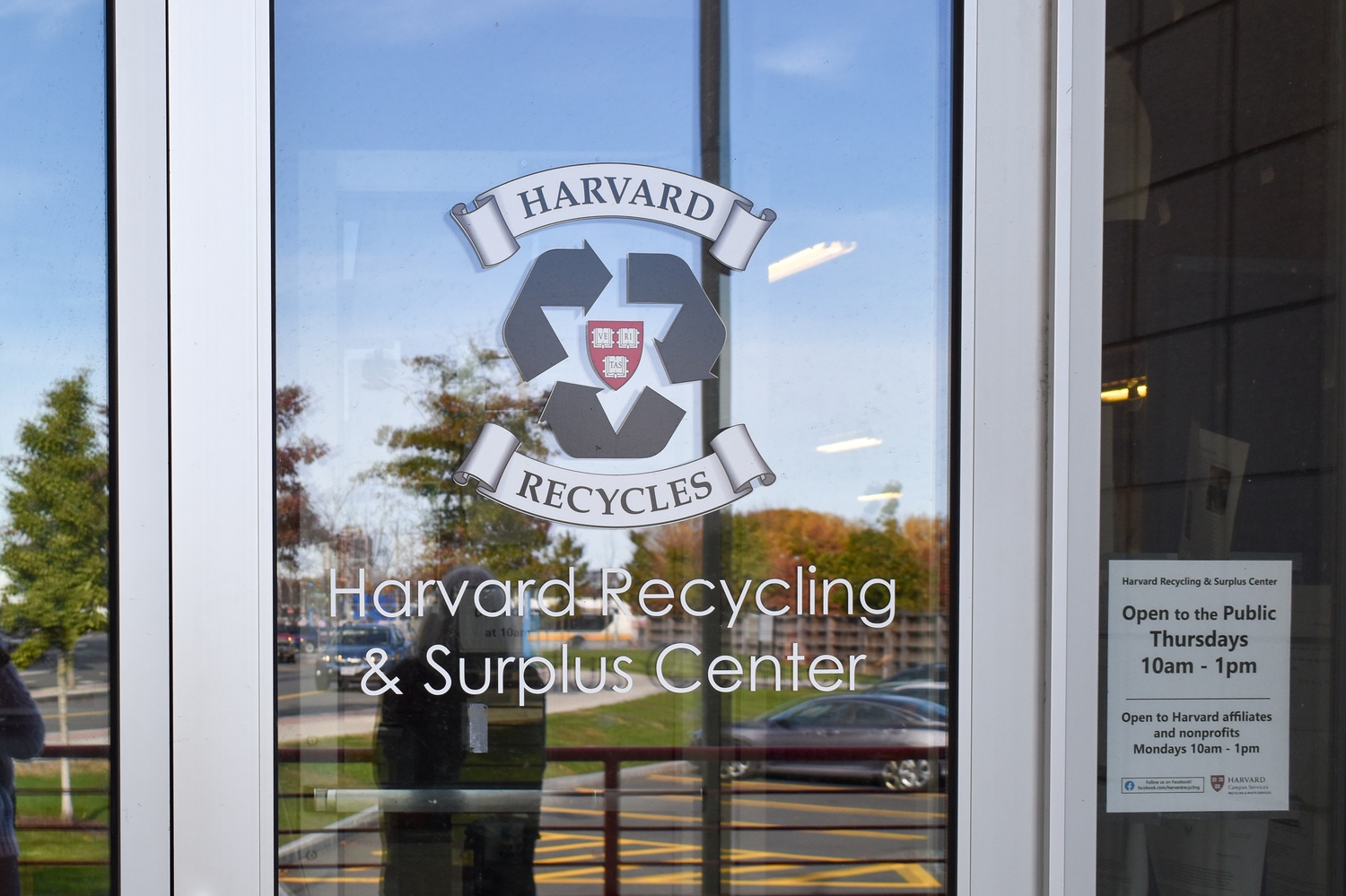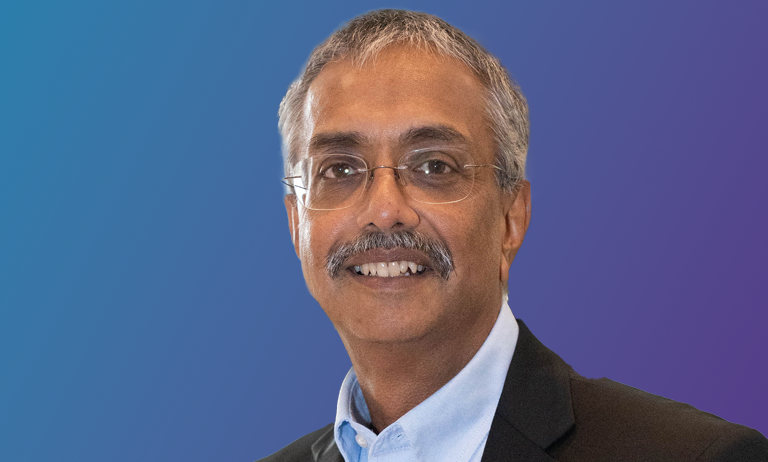Patrick Pouyanné, Chairman and CEO of TotalEnergies, joins Harvard Business School Professor George Serafeim for a discussion about the future of energy. At a pivotal moment in the global energy transition, Pouyanné will reflect on TotalEnergies’ transformation into a multi energy company, the complex trade-offs between decarbonization, energy affordability, energy security, and investor expectations, and the company’s views on the complex and evolving role of climate and energy policy. The conversation will be followed by an audience Q&A.
The Salata Institute’s speaker series, Climate Crossroads: Debating Energy's Next Frontier, brings leading voices to Harvard University to confront the intertwined challenges of climate change and the global energy transition. The Institute is guided by the conviction that durable progress is forged through rigorous, intellectually honest dialogue. By openly presenting competing ideas—including those that provoke vigorous disagreement—the Institute intends to cultivate deeper understanding, illuminate pragmatic pathways, and inspire collaboration.


